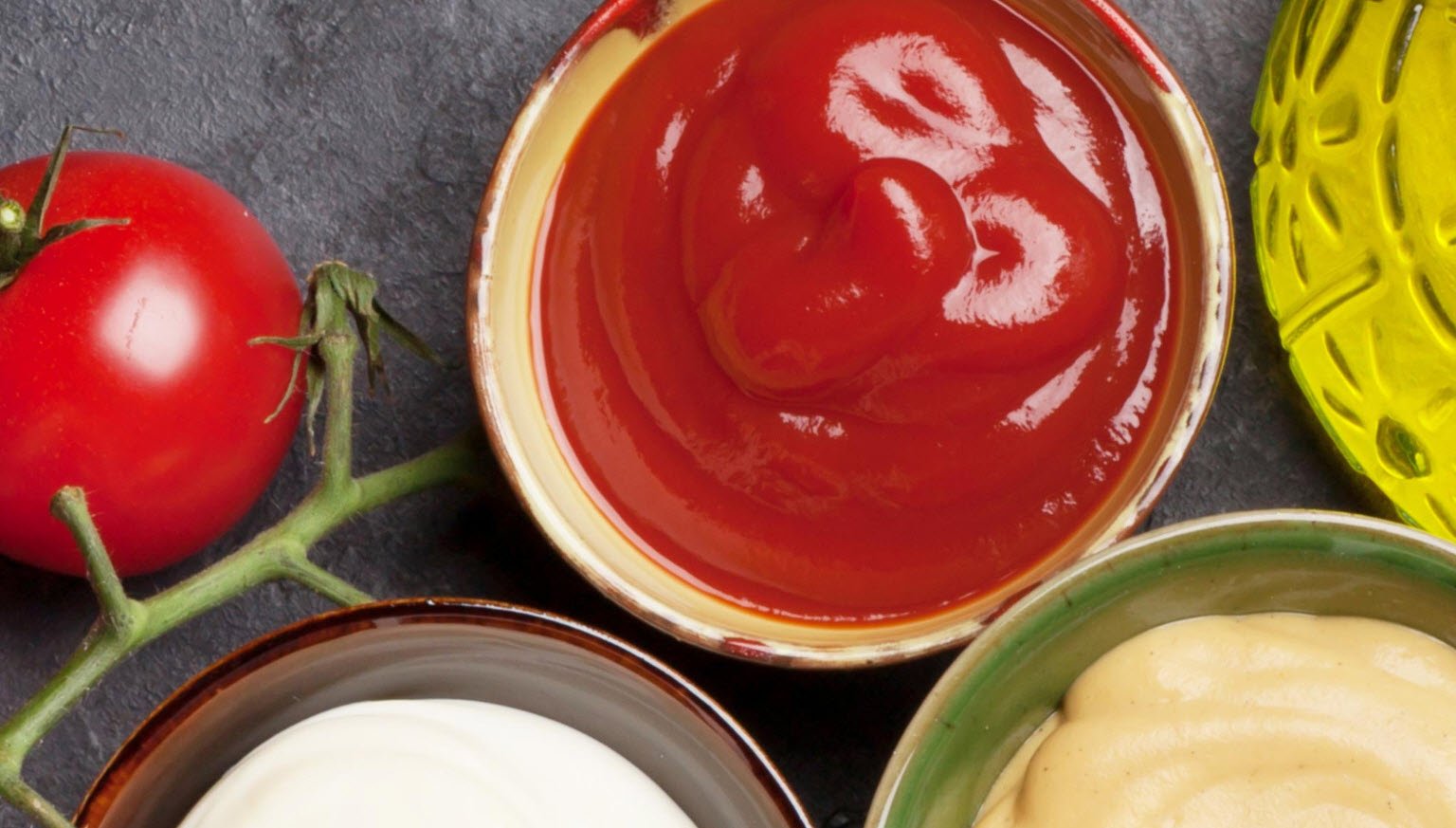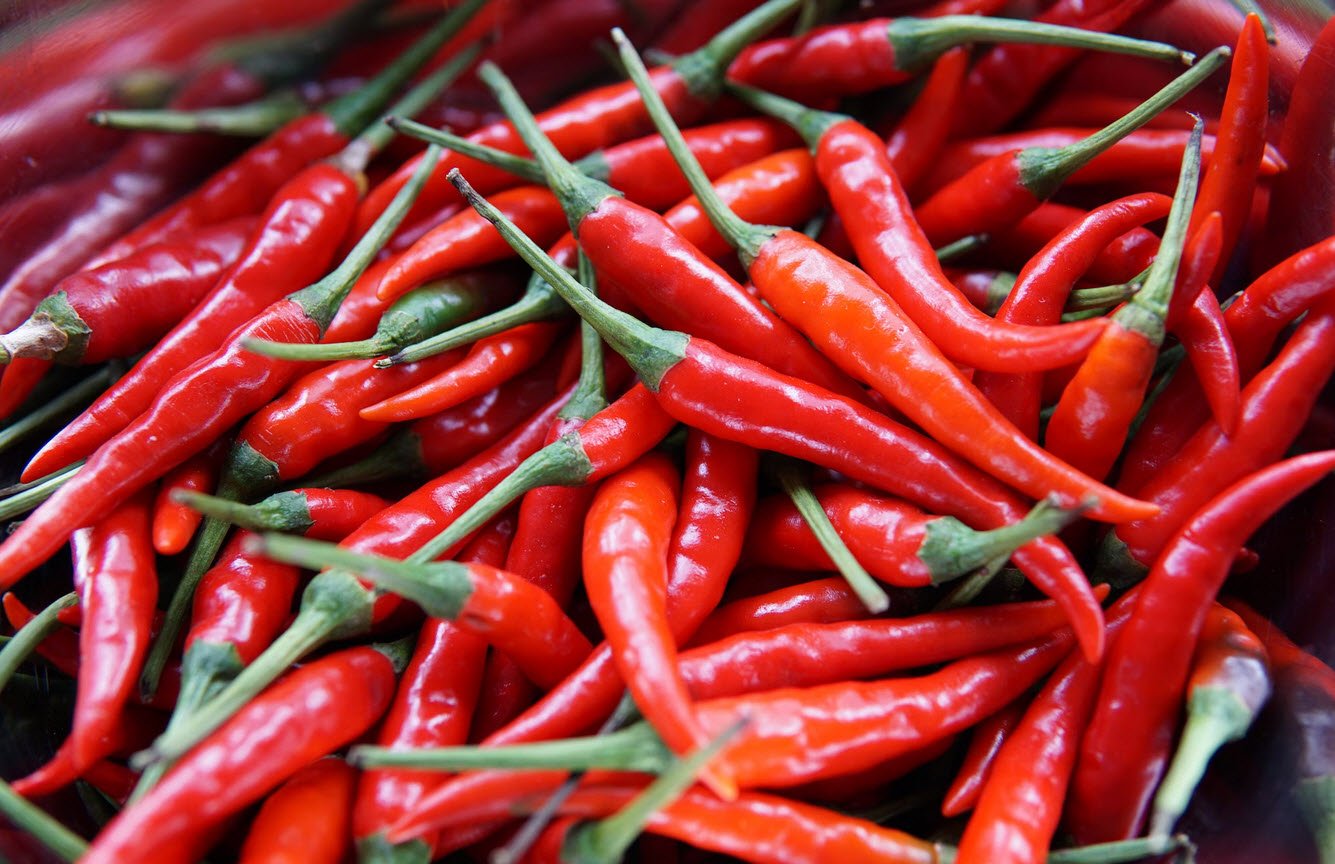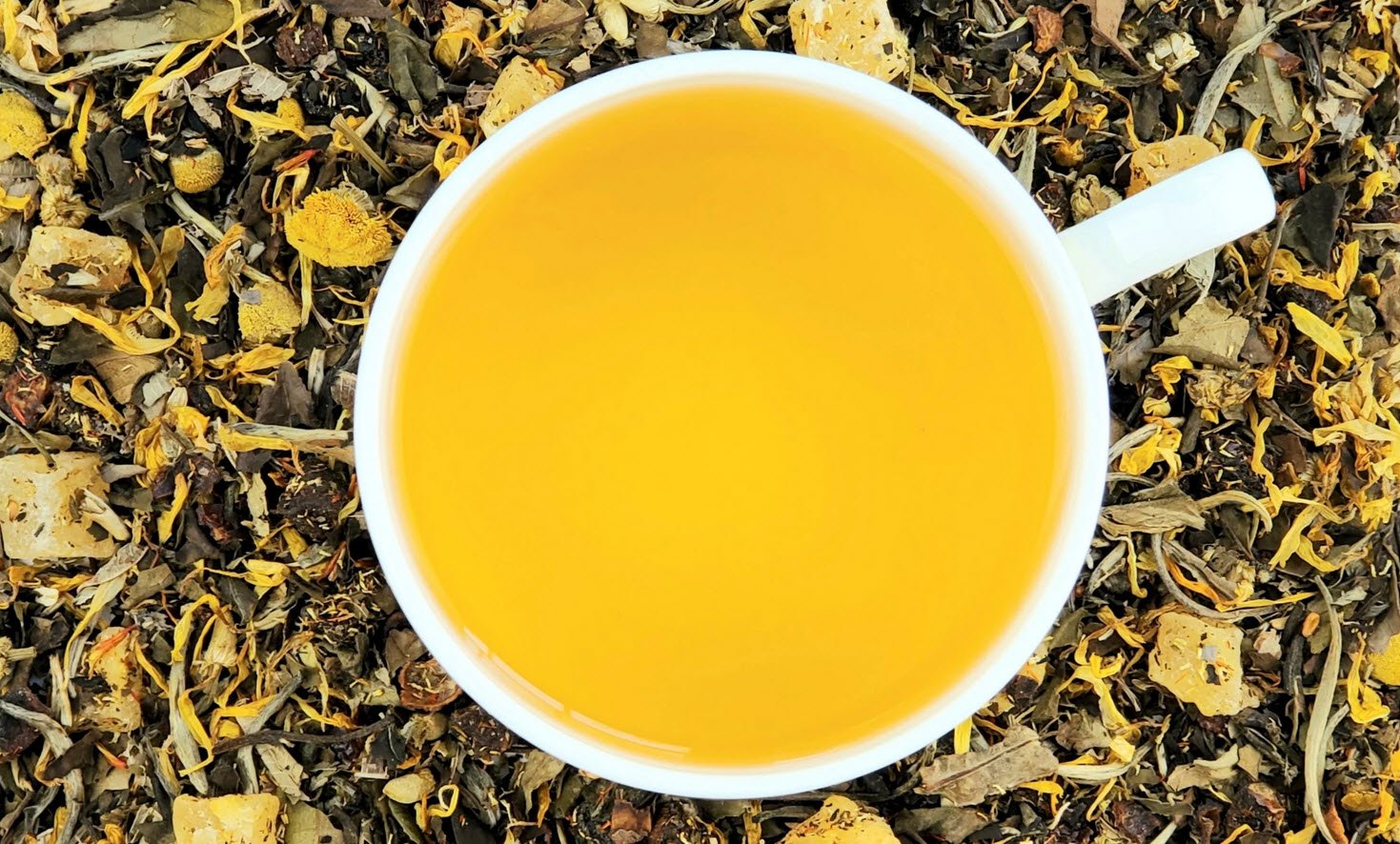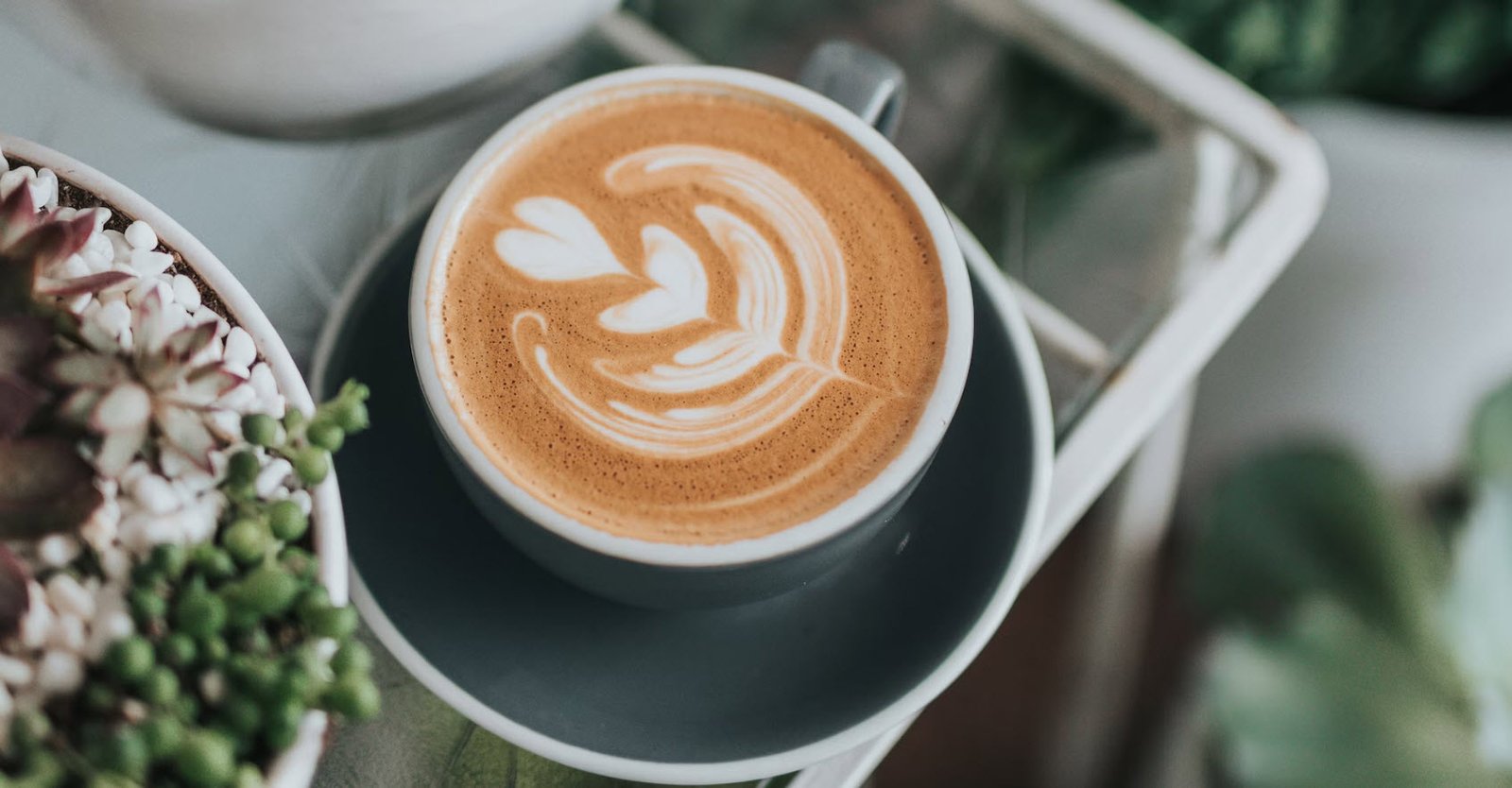
Herbs are plants or plant parts that are used for their culinary, medicinal, or aromatic properties. They are typically grown in gardens or gathered from the wild and used fresh or dried. Some common culinary herbs include basil, parsley, thyme, oregano, and rosemary. These herbs are often used to add flavour and aroma to food, and they can be added either fresh or dried to a wide variety of dishes.
Many herbs have medicinal properties and have been used for centuries to treat a variety of ailments.
For example, chamomile is often used as a natural remedy for anxiety and insomnia, while ginger is used to relieve nausea and improve digestion.
Herbs can also be used to create natural fragrances and perfumes, and they are often found in skincare and beauty products due to their soothing and nourishing properties. Overall, herbs are incredibly versatile plants with a wide range of uses, and they have been valued for their medicinal and culinary properties for thousands of years.
1. Fennel – Long Lasting Love
Fennel is a perennial herb that has been used for centuries in cooking and traditional medicine. While it is not typically associated with love or romance, some cultures believe that fennel can have aphrodisiac properties.
One of the reasons for this belief is that fennel contains Anatole, a compound that is similar in structure to oestrogen and has been shown to have estrogenic effects.
While there is no scientific evidence to support the idea that fennel can help to create “long-lasting love,” it is certainly possible that incorporating fennel into your meals or using fennel essential oil in aromatherapy could help to set a romantic mood or enhance your sensual experience.
2. Lemon Balm – Sympathy and Virtue
Lemon balm is a perennial herb that has been used for centuries in traditional medicine and as a culinary herb. It is known for its lemony scent and flavour, and it is believed to have a number of health benefits.
In traditional medicine, lemon balm has been used to treat a variety of ailments, including digestive problems, anxiety, and insomnia. It is also believed to have a calming effect on the nervous system, which can help to reduce stress and promote relaxation.
In terms of its association with sympathy and virtue, lemon balm has been used in aromatherapy and herbal medicine to promote feelings of empathy and compassion.
3. Rosemary – Remembrance
Rosemary is a woody herb that has been associated with remembrance for centuries. In ancient Greece and Rome, it was believed that rosemary could improve memory and concentration.
During the Middle Ages, it was often used in weddings and funerals as a symbol of remembrance and fidelity. In modern times, rosemary is still associated with remembrance and is often used in memorial services and ceremonies.
4. Hops – Mirth
Hops are a type of flowering plant that is primarily known for its use in the brewing of beer. However, hops have also been associated with mirth and happiness for centuries.
In ancient Rome, hops were believed to have a calming effect on the mind and were used as a natural sedative. In medieval Europe, hops were used in folk medicine to treat various ailments, including anxiety and insomnia. They were also used in festivals and celebrations as a symbol of mirth and joy.
5. Sage – Wisdom
Sage is a herb that has been traditionally associated with wisdom for centuries. In ancient Greek and Roman cultures, sage was believed to have the power to improve memory and cognitive function.
It was often used in educational settings and by philosophers and scholars to enhance their mental clarity and focus. In medieval Europe, sage was used in herbal medicine to treat various ailments, including cognitive decline and memory loss. It was also believed to have mystical properties, and was used in rituals and spells to promote wisdom and insight.
6. Lilac – Youthful Exuberance
Lilacs are a type of flowering plant that is often associated with youthful exuberance and vitality. Their sweet fragrance and delicate, colourful blooms have long been used in traditional folklore and poetry to evoke feelings of youthfulness and joy.
In some cultures, lilacs are believed to have magical properties that can promote feelings of happiness and renewed energy. In Victorian England, lilacs were often associated with young love and were a popular gift between couples.
7. Rose – Ever Lasting Love
The rose is a flowering plant that is most commonly associated with the concept of everlasting love. The rose has been used as a symbol of love and romance for centuries, and is often given as a gift to express affection and devotion.
In ancient Greece, the rose was associated with the goddess of love, Aphrodite, and was often used in religious ceremonies and festivals dedicated to her. During the Middle Ages, the rose became a symbol of the Virgin Mary and was often depicted in religious art.
8. Calendula – Warmth
Calendula is a bright, sunny flower that is often associated with warmth and happiness. The flower’s bright yellow and orange colours are reminiscent of the sun, and its cheery appearance is often used to evoke feelings of joy and positivity.
In traditional medicine, calendula has been used for centuries to treat various ailments, including skin inflammation and infections. The flower is also believed to have therapeutic properties that can promote feelings of calm and relaxation.
9. Yarrow – Healing
Yarrow (Achillea millefolium) is a flowering plant that has been used for medicinal purposes for thousands of years. The plant is native to Europe and Asia but has also been naturalized in North America.
Yarrow has a long history of use in traditional medicine as a natural remedy for a variety of ailments. Here are some ways in which yarrow is believed to have healing properties.
Yarrow has been traditionally used to stop bleeding and promote healing of wounds. The plant contains compounds that help to reduce inflammation and pain, and it may also have antibacterial properties that help to prevent infection. Yarrow has been used to promote digestion and relieve gastrointestinal distress.
It is believed to help stimulate the production of digestive juices and enzymes, which can aid in the digestion of food and reduce symptoms such as bloating and gas.
10. Lavender – Devotion
Lavender (Lavandula) is a flowering plant that is known for its sweet fragrance and is widely used for its therapeutic properties. The plant is native to the Mediterranean region and is widely cultivated throughout the world.
Lavender has been used for centuries for a variety of purposes, including its calming and soothing effects. Here are some ways in which lavender is associated with devotion.
Lavender has been used in spiritual practices for its calming and soothing effects. It is believed to help quiet the mind and promote relaxation, which can aid in meditation and prayer. Lavender is a popular essential oil used in aromatherapy for its calming and relaxing properties.
You may also read:
- Exploring the Delightful World of Cold Sauces – From Aioli to Tapenade
- How To Prepare Keto Vanilla Cake
- 15 Different Types of Citrus Fruits You Need To Know
- A Guide to the Diverse World of Peppers
- Exploring the World of White Teas – A Delicate Symphony of Flavors
- Crafting a Vienna Vanilla Coffee Latte
- 4 Easy Steps to Prepare the Perfect Macchiato
- 20 Snacks Under 100 Calories – All You Need To Know
- Sunset Smoothie For Weight Loss – Preparation and Benefits
- Top 16 World’s Healthiest Foods
- Exploring Different Types of Breakfast Around the World
- 15 Foods That Pack More Potassium Than A Banana
- How To Pick Right Banana For You?
- Top 13 Brain Boosting Vegetables
- Deliciously Wholesome: The Apple Pie Smoothie Recipe








